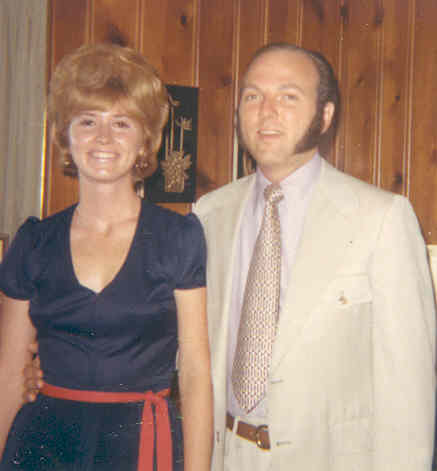For many years I honestly thought these words were very close in their meaning. But as I matured in my business and sales management skills, I realized they were actually very different. Before I get into this in more detail, let me give you my definitions of the two words.
Efficient: This is when you perform a single task or multiple tasks as efficiently as possible, thereby doing and/or accomplishing more things in the time you have with a minimum amount of waste of effort. For example: I can be extremely efficient at developing and preparing sales presentations to present later to a client (or clients). This might be called my base sale template and it seems efficient.
Effective: This is when you do the right things, at the right time, as efficiently as possible while producing the desired results. For example: I can make sure I adjust and customize my presentations to the personality of the person(s) I am presenting to, at a time that is perfect (or nearly so) for the client, not me, while making sure I am “face to face” with client presentations at a set goal number per week, month and year.
Here is an example of getting this all screwed up. Let’s say I am very efficient at preparing my call reports and expense accounts in as little a time as possible, with hardly any errors, and I get them in on time every week. Now that’s efficient. But what if I took the time each day, in my prime net selling time, to fill out these two reports. No one will argue, especially in accounting, that I am not efficient at this task. But how effective am I as a salesperson in using my prime net selling time to do this work?
Here is another example. Suppose I am an internal project person that people and the company as a whole rely on to get sales or other projects completed. This could be an engineer, a draftsman, a support person of any type, a designer or whomever. But now and then (not on my breaks mind you) I decide it’s time to read the periodicals and trade magazines related to my position, during prime work time. I reason in my mind that “this is part of my job”. When I perform my job description tasks, I can be the most efficient person on staff in that position. But my effectiveness is not, because once again I am doing things I could arrange to do, outside of my prime production time.
Here is yet another good example. Let’s say you are efficient at doing your job description tasks, and you use a “to do” list. But it’s not prioritized. You feel you are way ahead of people who don’t use “to do” lists and you are correct. However, you randomly access things off of your list and you have to scan the entire list each time you are ready to do something else. Sound Efficient? Well, more than most people who do not use “to do” lists. Yes, but does it sound Effective? Not nearly as effective as you could be with a prioritized “to do” list where the Urgent and Important things are on one list, prioritized by themselves, and your chores and busy work are on another separate list. Plus you could be even more effective if you update that written or computerized list outside of your prime productive time.
In summary, the name of the game is being more effective and being more productive. Effectiveness produces quality in the right quantity. Efficiency produces quantity but not necessarily the right stuff at the right time. Working smarter, not harder, is learning how to continuously be more effective, while maintaining your efficiency too.
Thursday, May 29, 2008
Effective vs. Efficient
Labels:
Leadership
Subscribe to:
Post Comments (Atom)




















No comments:
Post a Comment